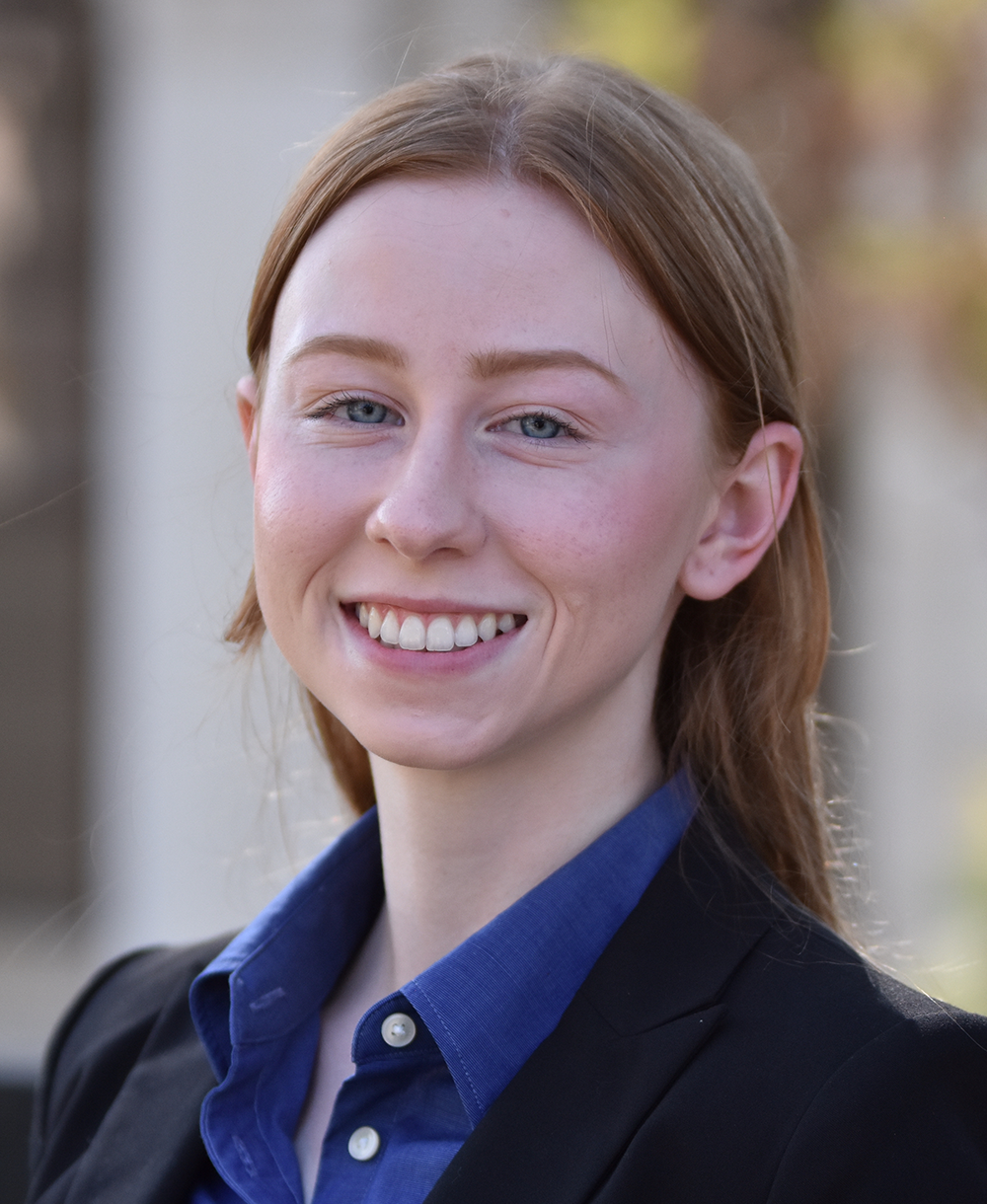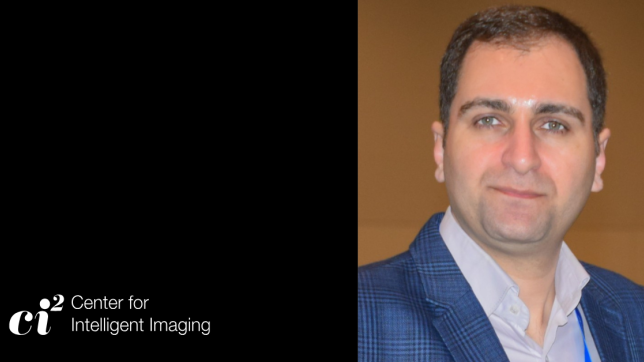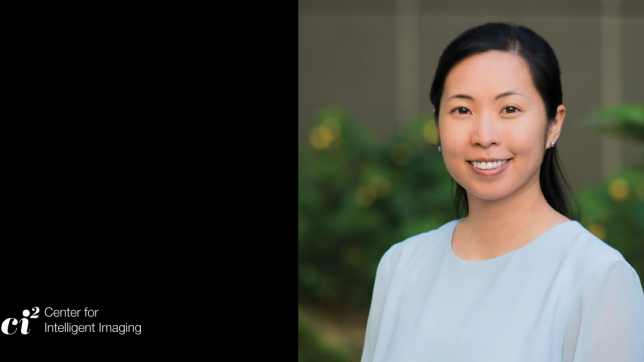Each summer, the UCSF Center for Intelligent Imaging (ci2) welcomes interns from high school, undergraduate and graduate school, chosen based on their background, a graded rubric and overall readiness. Meet Masha Bondarenko – an intern who participated in the program during Summer 2022.

1. How did you find out about the UCSF ci2 internship and what made you decide to apply?
I had wanted to participate in meaningful research in computational medicine this summer, and when I was searching for a program that matched my interests, I was forwarded the UCSF ci2 program. I saw it as the perfect opportunity for me as it would not only allow me to do innovative and mentored summer research, but I would be in a cohort of other interns I could meet while learning from some of the top researchers in this discipline. Furthermore, this program, is part of a world-renowned research institution integrated with their hospitals and doing research here would allow me to tackle extremely relevant clinical problems with doctors who would use our solutions.
2. What interests you most about AI and AI in medicine?
I think of machine learning and AI in medicine as a refined pool of collected wisdom. Clinicians on their own, with the experience they develop over the years, can improve their procedural techniques, disease prediction and analysis, and overall patient care by reflecting on successes and failures. AI can do this for clinicians on a massive scale to find the most intricate of patterns and provide clinicians with data-driven and mathematically derived wisdom to improve patient care. That's what I see as most fascinating about AI – it can make such a positive impact on health care all around the world. I find that incredibly humbling and powerful.
3. Talk about your projects that you've worked on this summer.
The primary project I focused on had partial solid nodules, which often lead to malignant adenocarcinomas with poor prognosis. Using extracted nodules from the NLST dataset and further segmenting them for their solid component, a medical student and I looked to find clinical and imaging patterns that could predict their growth. With our insights, clinicians could make a more refined follow up and treatment plans for patients with these nodules.
Project two focused on a more typical medical AI task. With the field of radiology moving toward quantitative analysis, a team of researchers and I are looking to segment the airways and give numerical values for mucus in the airways. This would be useful for later research into finding numerical correlations between lung diseases and how much of the airways are plugged with mucus.
Lastly, I collaborated with another medical study to find clinical patterns in lung biopsy procedures that could predict a dangerous complication – pneumothorax – and the need for a chest tube. This project was perhaps, for me, the most insightful holistically because I had the privilege to shadow a CT-guided chest biopsy at UCSF and see the clinical relevance of the computational work we were doing. I got to see each of the variables I had been analyzing come to life in that biopsy room – from the number of biopsy samples taken to the location of the nodule – and how much precaution was taken towards each of these factors. It was incredible to think that the work I would do with my models could have an effect on the procedure in that room. The experience really opened my eyes to how significant any computational work within medicine is, and the actual impact it could have on patients, just like the one I met in that biopsy room.
Having worked on a few projects this summer, I'm grateful for the opportunities I have had to collaborate on them with others. I've truly learned so much from the perspectives and expertise of the people that I've worked with such as medical students, researchers, my mentor and AI engineers.
Most importantly, I'm grateful for my mentor Jae Ho Sohn, MD, MS. Being a doctor with an engineering background, he understands both sides of the interdisciplinary work we do in the lab and offers incredible insight into the research. He's extremely supportive and knowledgeable and gives important career mentorship as well. I'm extremely fortunate to have him as my mentor.
4. What are your future career plans?
I hope to pursue an MD/PhD in medical imaging in the coming years. While I had been determined to pursue a PhD before this summer, the experiences in this program made me more convinced that I want to dig deeper into medicine and gain a more enriched and holistic perspective for future research. Seeing how my mentor and various people I met in this program approach research from a combined medical and computational background has shown me how much more targeted and impactful research can be with a holistic and comprehensive knowledge in the field. I owe so much to this program for helping me explore my passions and discover a niche I so eagerly hope to contribute more to in the coming future.
The Education Pillar within the UCSF ci2 works with aspiring and future scientists and physicians to mentor them and fully develop their interest in AI technology in medicine. Learn more.



